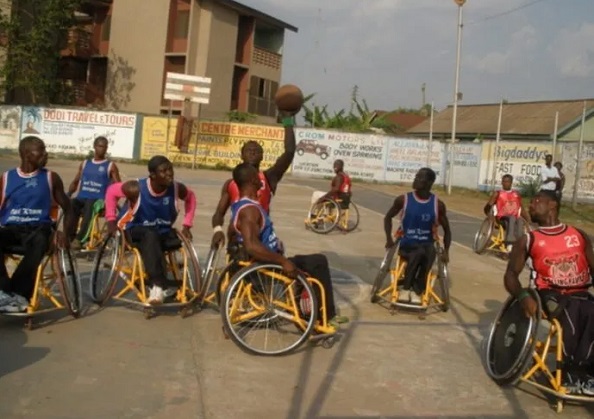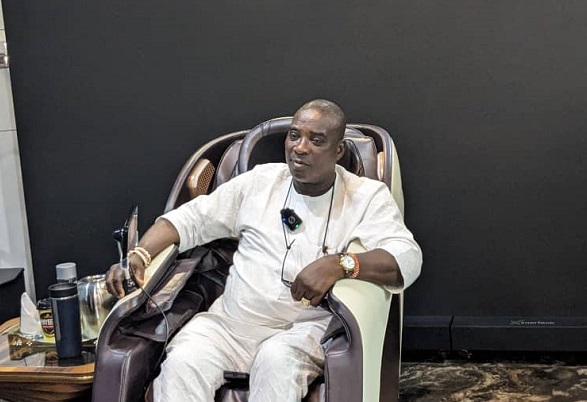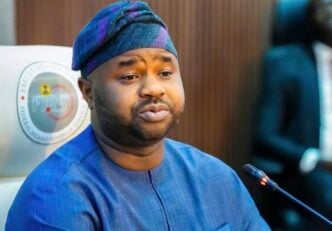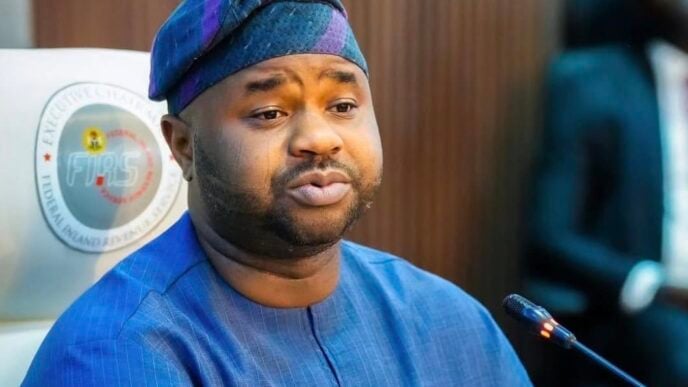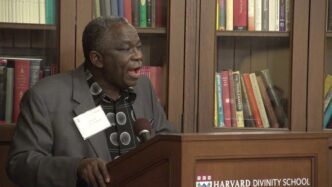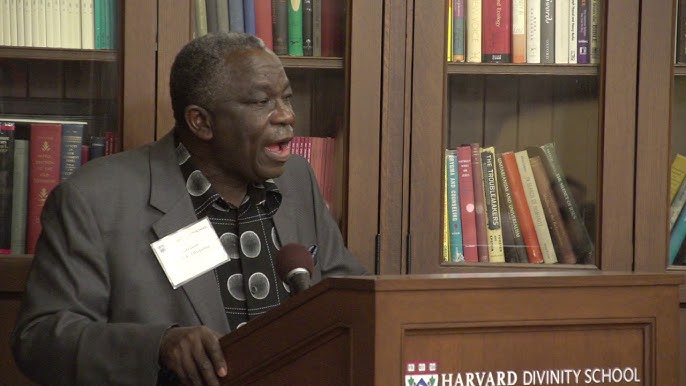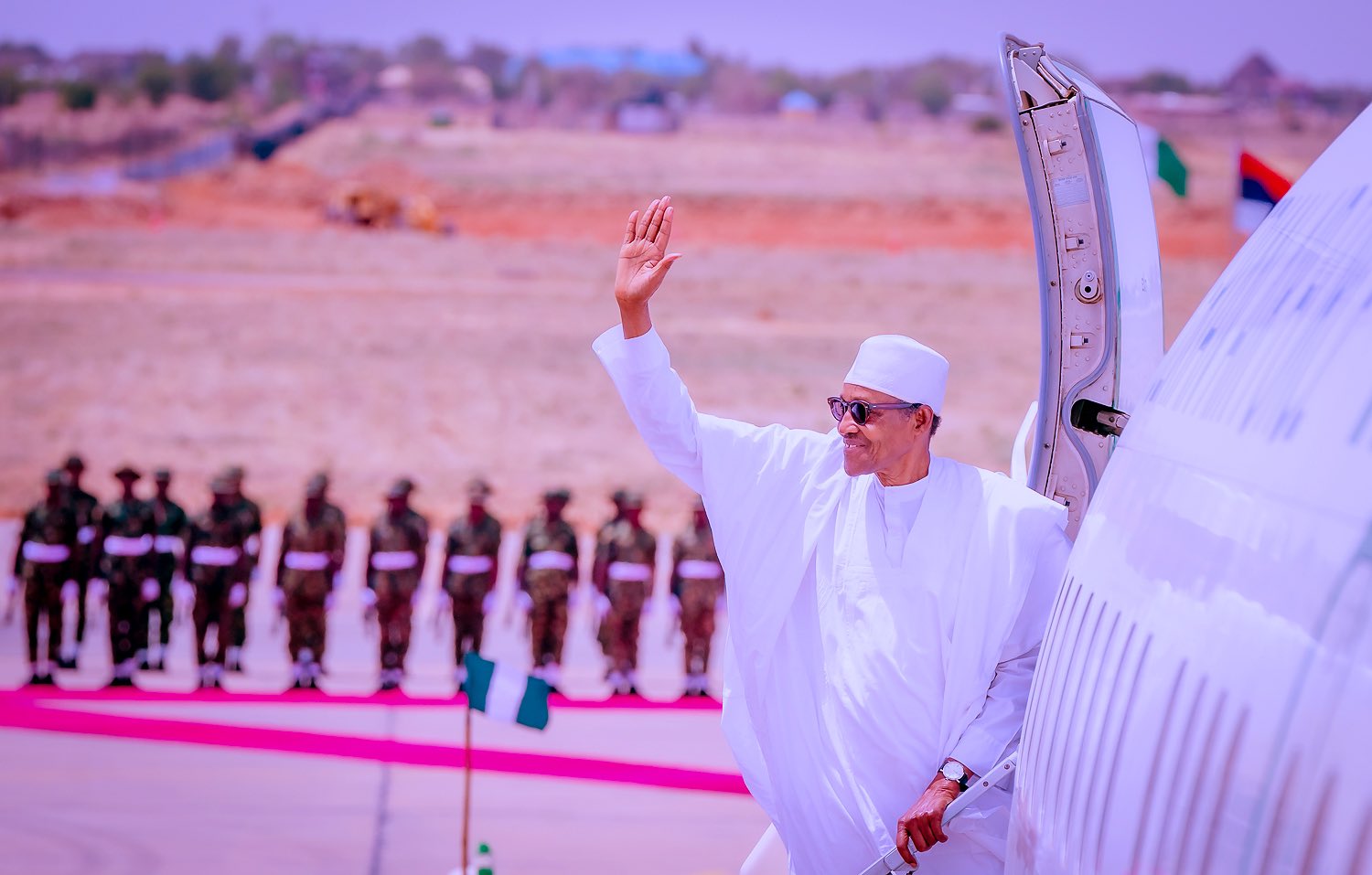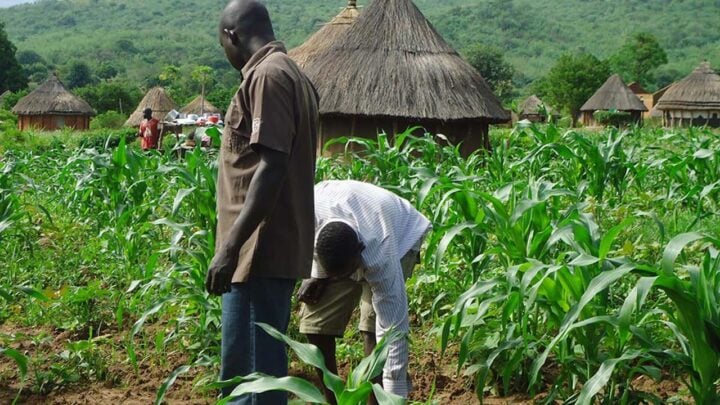Accepting the hard realities may be hard to swallow, but within Nigerian universities, sports and social activities are renowned as engines of opportunity—powering ambition, building networks, and supporting many students financially. Yet behind the cheering crowds and campus solidarity lies a pressing concern: are these opportunities equally accessible to students with disabilities, or are they being systematically sidelined?
Universities are breeding grounds for future greater achievement. Tertiary institutions do not only develop the academic potential of students but also help fine-tune several hidden skills students possess, which in later life become their major means of livelihood. The systemic exclusion of students with disabilities from participating in sports, because of infrastructural challenges, is not only impacting their potential, but is also hurting the country economically.
Talent, opportunity, and inclusion: The contradiction in Nigerian universities
In many universities, except for a few, efforts are made to ensure that architectural design and buildings appeal and support learning. Unfortunately, few considerations are taken to ensure inclusion and the maximal utilisation of the potential of students with disabilities. For students with disabilities, Nigerian campuses are more of barriers, obstacles to progress than a launchpad of opportunities. Those who managed to pass through the system combined determination with a high sense of resilience; otherwise, they could have dropped along the way like hundreds who saw no hope.
Advertisement
Check the lecture rooms, hostel accommodations, cafeterias, and not to mention sporting arenas, one will nearly weep for a system that turns a blind eye on a sizable population that needs understanding, accommodation, and empathy, among many others.
Sport offers more than hope for students with disabilities, but….
For students with disabilities in Nigeria, sports can be more than a game — they are a gateway to fitness, friendship, and confidence. Inclusive and adapted programmes are breaking down barriers, giving these students a place in the field and in the spotlight. And with every goal scored or race finished, they’re not just winning medals — they’re winning understanding and acceptance from their peers.
Advertisement
Ideally, schools, higher institutions in this regard, are crucial in shaping lifelong habits for physical activity, yet in Nigeria, access to in-school exercise opportunities, especially for students with disabilities, is often hindered by a lack of actionable policies, practices, and the will of school administrators. Across the globe, sports continue to offer more than hope but opportunities to build personal marketable skills which will eventually position them for financial independence as they pursue these sporting activities to the highest level.
Left behind: Sad realities of Nigerian students with disabilities
The promise of inclusion in Nigerian universities is often on paper. Researchers had raised an alarm about this exclusion, and yet nothing had been done. A Nigerian lawyer once spoke out against this discrimination, but nothing serious came of it. This is despite the potential of winning international games and championships that has been identified among students with disabilities. Students with disabilities continue to suffer exclusion. In the University of Lagos, there is a lack of awareness, access and inclusion. The University of Nigeria is not left out. Same for Obafemi Awolowo University
Looking forward
Advertisement
If we must bridge the gaps within the system, intentional efforts must begin with formal policies and awareness programmes, which from the onset must include the voices and participation of students with disabilities that will reflect international standard recreational and sporting activities.
While one will not say a new sporting complex should be constructed, we can start with upgrading and remodelling the existing sports complex. This is also possible if disability and inclusion policies within the university systems become fully operational.
Campuses that work for everyone are possible
Inclusion isn’t just a checkbox; many of the sports complexes we have now, especially in the federal universities, help build a social and sporting landscape, but it is largely students without disabilities who thrive. To build a campus for all, university administrators must think of how to expand or remodel in a way that embraces all, leaving no one behind.
Advertisement
This may take a while, but if there is strong will and commitment with the right vision as well as effective policies, infrastructure, and sincerity, Nigerian universities can ensure thriving student athletes truly reflect the capacity of the entire student body—not just the able-bodied.
We must remember that exclusion in any form reinforces stigma, breeds isolation, and limits their future opportunities. When it comes to students with disabilities’ exclusion in sport, we are silently destroying the potential that can lift their economic fortune. As we all know, going to school alone does not increase a person’s fortune, but the application of other potentials, like sports activities, has brought many out of the woods.
Advertisement
In closing, let us remember that inclusive sports open the game to everyone — regardless of ability — by removing barriers, levelling the field, and building spaces where all can play, compete, and thrive together.
Nigerian campuses must become a model that promotes this.
Advertisement
Views expressed by contributors are strictly personal and not of TheCable.

